
19 Dec 2023 | #Infrastructure
Tinca Lukan explores TikTok’s use in ethnographic research on social media influencers, detailing how she integrated it into her PhD study on influencers’ working conditions in Slovenia.

17 Oct 2023 | #Infrastructure, #OpenScience
In this interview Teresa Völker speaks with Dr. Volker Meyer-Guckel about challenges and possible futures of science communication.

19 Jun 2023 | #Infrastructure
This hands-on guide helps you setting up an RSS reader and build a personalized paper feed from your favorite journals.

26 Oct 2022 | #Infrastructure
Kateryna Suprun on the fast-track digital transformation Ukrainian universities are currently going through in the face of the Russian war of aggression.

14 Jun 2022 | #COVID-19, #Ethics, #Infrastructure
In this short analysis the three authors aggregate findings from four research projects to answer questions regarding the accelerated digitalisation of education due to the Covid-19 pandemic.

25 Mar 2022 | #Infrastructure
Jefferson Pooley on Surveillance Publishing, its history in modern societies during the last couple of decades, and the potential costs of these practices for both service providers and their users.

24 Jan 2022 | #Infrastructure
The pocket library for open content is an application designed to simplify the search for openly available research content and lay ground for a basic quality assurance mechanism.
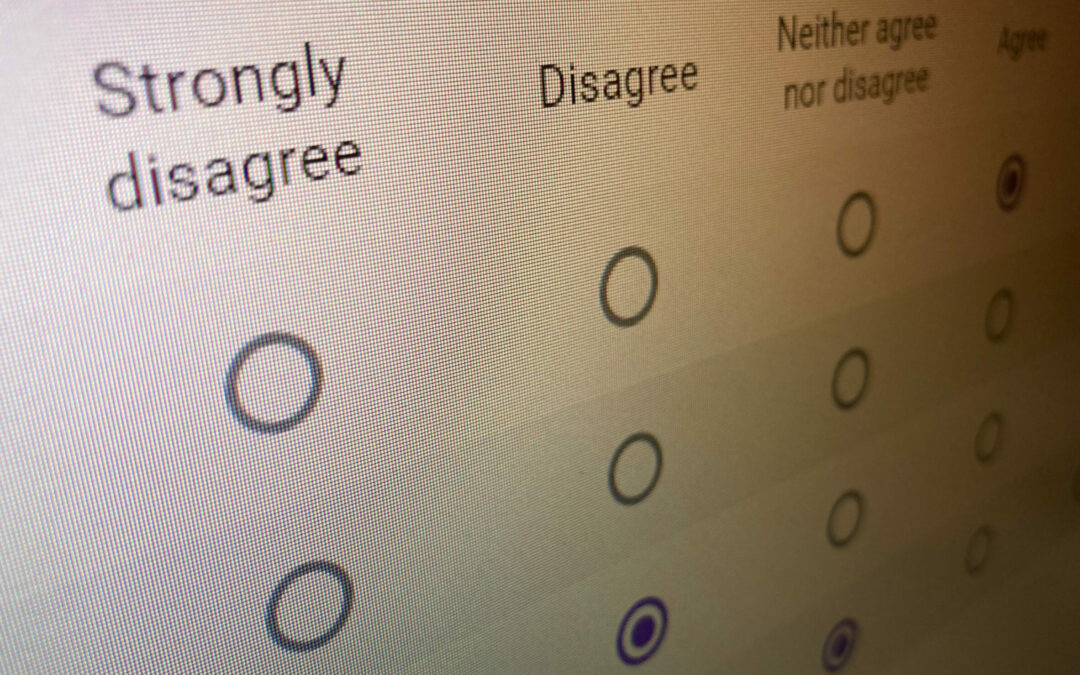
08 Dec 2021 | #Infrastructure
Sami Nenno on the typical problems of the most common service providers for conducting online surveys and how to find the right one for your own project.

14 Apr 2021 | #Infrastructure, #Power
Renke Siems on user tracking on science publisher platforms, its implications for their individual users and ways to face this issue

22 Dec 2020 | #COVID-19, #Infrastructure, #Power
A look backwards from the editorial team.

01 Jun 2020 | #Impact, #Infrastructure
Glaucia Souza on the introduction of BioFuels in Sao Paulo and all over Brazil, her activities at BIOEN and the transfer of technologies for more sustainable forms of mobility into practice.
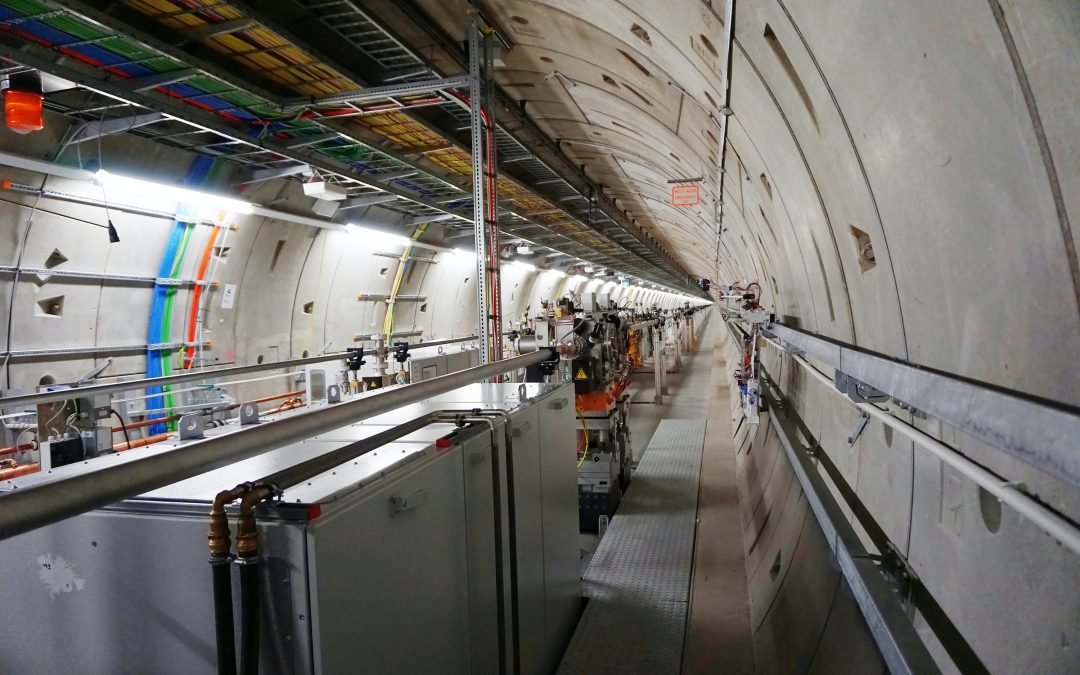
14 May 2020 | #COVID-19, #Infrastructure
In this opinion-piece Katharina C. Cramer discusses the impact of the Corona-Crisis on large scale research infrastructures and their limits of performance in the current situation.
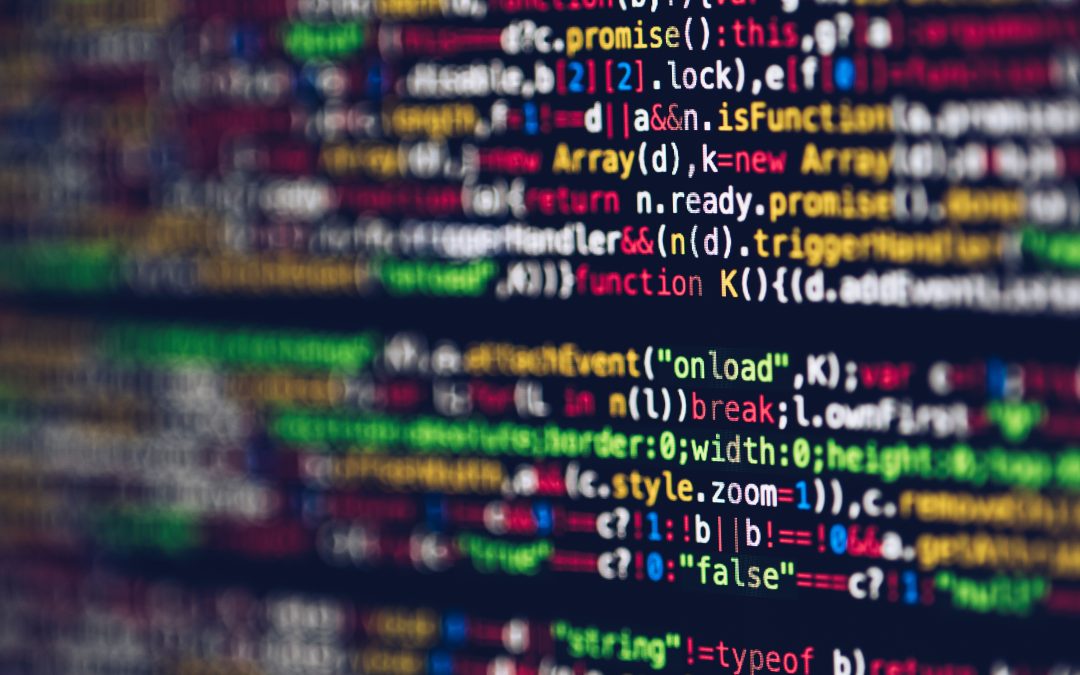
07 May 2020 | #COVID-19, #Infrastructure
In this interview with Teresa Völker, Prof. Villa talks about the initiative “Nicht-Semster” (calling for a cancellation of the regular spring semester during the Corona crisis) and how the crisis impacts the infrastructure of the german higher education system.
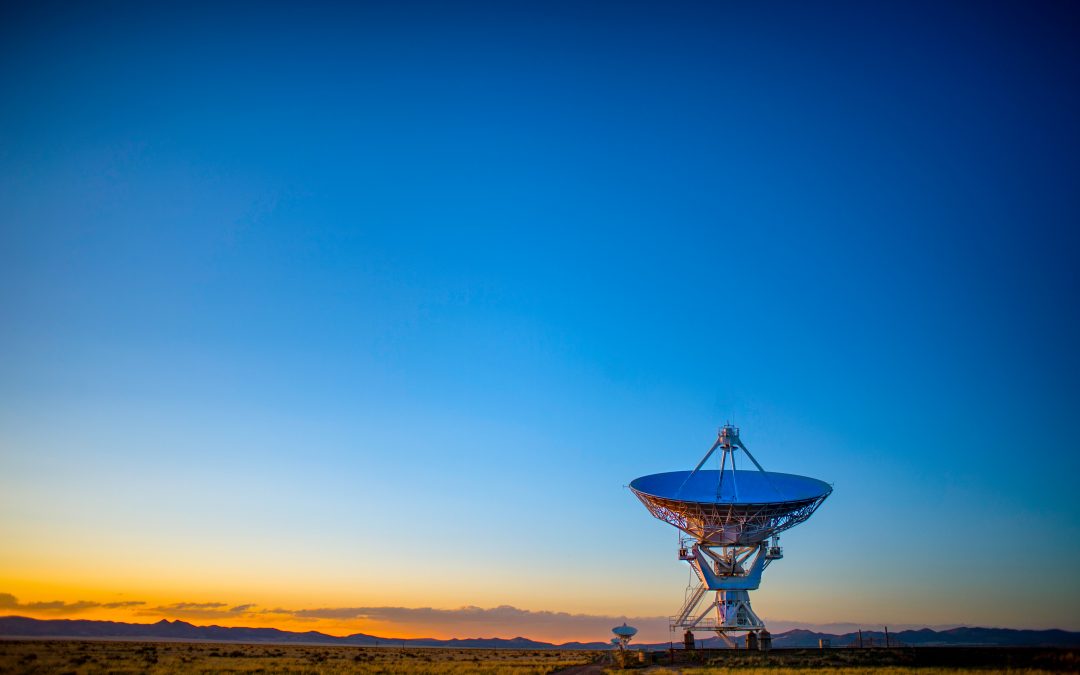
11 Mar 2020 | #Infrastructure, #OpenScience
Dealing with code, robots and specific domain knowledge is a huge challenge. How can we improve the technical infrastructure?

18 Feb 2020 | #Infrastructure, #OpenScience
A number of social, technical and political-economic problems call to rethink the current practice of funding and governing research infrastructures.
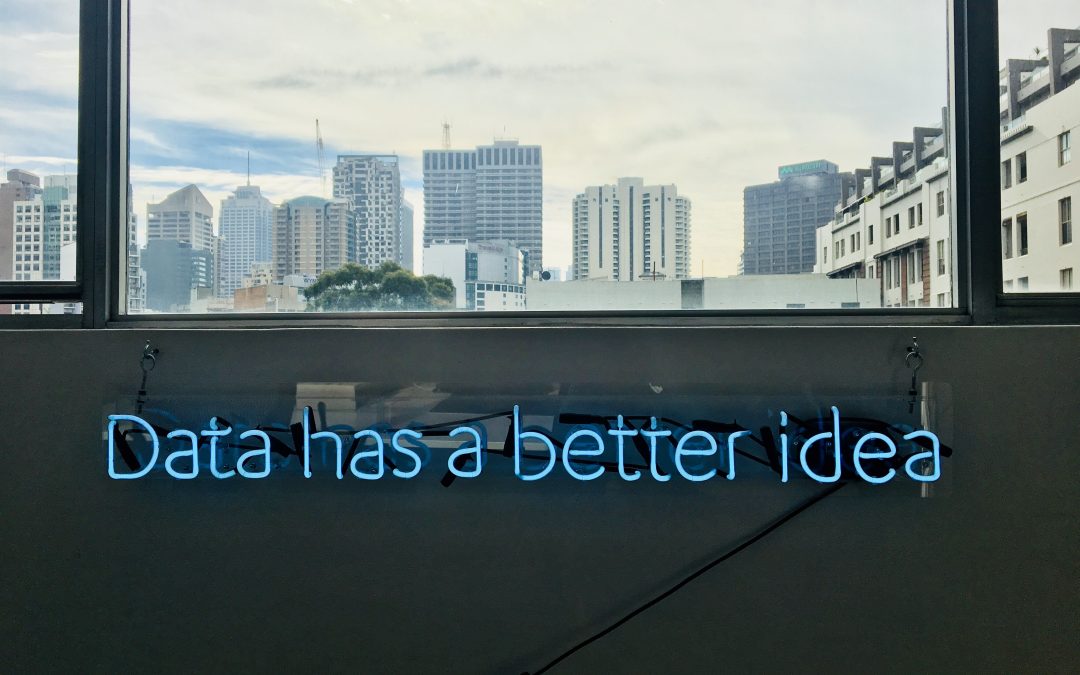
11 Feb 2020 | #Infrastructure
In this piece, Specht, Corrêa, Belbin and Loescher elaborate their thoughts on the role of synthesis centers in facing today’s challenges of research.

28 Jan 2020 | #Infrastructure
Øyvind Paasche on the immaterial kinds of infrastructure in science and the fundamental role of trust, transparency and openness.

26 Nov 2019 | #Infrastructure
A driving force for Latin America’s research infrastructure: The São Paulo Research Foundation
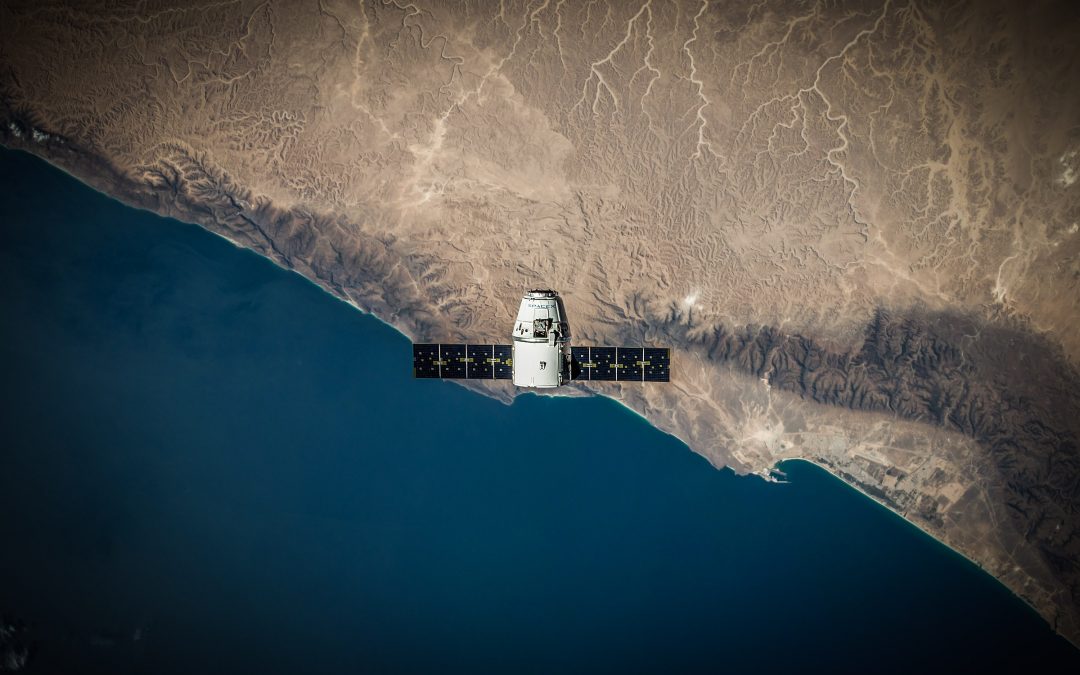
29 Oct 2019 | #Infrastructure
Pascale Ehrenfreund on the role of maintenance-intensive infrastructures, CC licenses, and the internet in the research of the DLR.

22 Oct 2019 | #GlobalScience, #Infrastructure
Setting up new infrastructures would play an important role in preventing best-trained African researchers from emigrating. The physicist Prosper Ngabonziza states that having a synchrotron light source would be very beneficial for the continent as a whole.

17 Oct 2019 | #GlobalScience, #Infrastructure
We would all like a truly global research infrastructure, in much the same way as many would like world peace and global democracy. The point really is that we wouldn’t just like it, we need it.





















